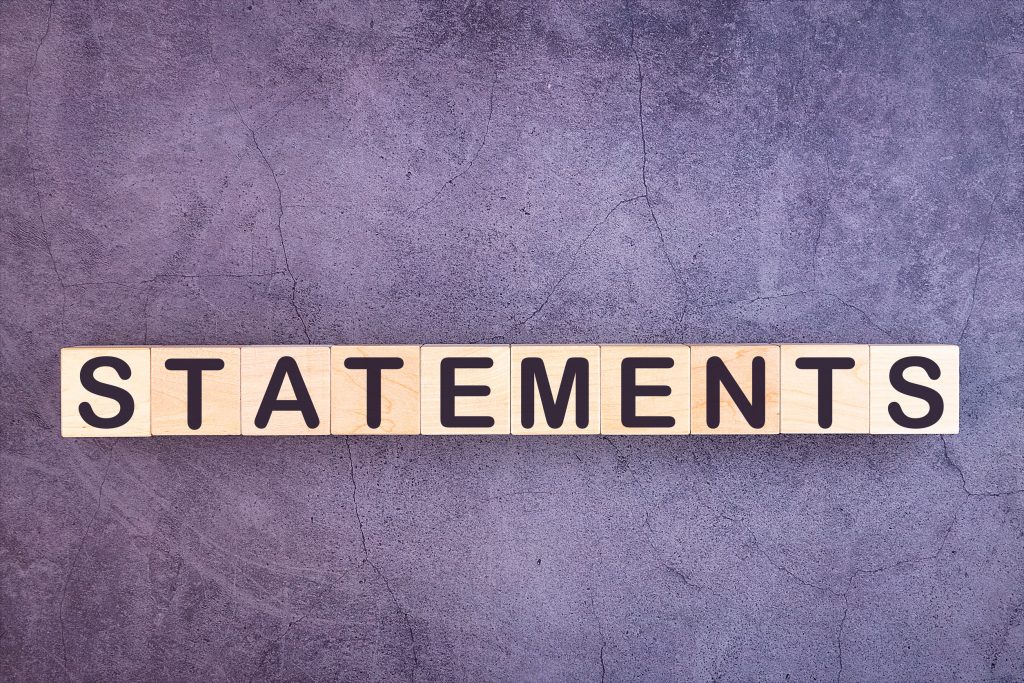
If your disagreements frequently spiral into defensive battles leaving everyone feeling frustrated and unheard, chances are your communication tactics could use an upgrade. Often, the culprit is “you” language – statements like “You always…” or “You never…” – which naturally put the other person on the defensive. The good news is there’s a simple yet profoundly effective alternative: “I” statements. Mastering the art of expressing yourself using “I” statements can revolutionize how you navigate conflicts, transforming arguments from damaging clashes into opportunities for understanding and connection.
1. Reduce Defensiveness Quickly
When you start a sentence with “You,” it often sounds like an accusation, immediately triggering defensiveness in the listener. In contrast, “I” statements focus on your own feelings, experiences, and perceptions, such as “I feel hurt when…” This approach is far less threatening, making the other person more receptive to hearing what you have to say. They are less likely to shut down or prepare a counter-attack. This is a primary benefit of using “I” statements.
2. Promote Personal Responsibility
Using “I” statements inherently encourages you to take ownership of your emotions and reactions. Instead of saying, “You make me so angry,” which places blame, you might say, “I feel angry when X happens.” This acknowledges that while another’s actions might be a trigger, your feelings are your own. This shift fosters a more mature and accountable way of communicating during disagreements.
3. Clarify Your True Feelings
The structure of an “I” statement (e.g., “I feel [emotion] when [specific behavior] because [impact on you]”) prompts you to identify and articulate your emotional state more precisely. Sometimes, in the heat of an argument, we don’t even realize what we’re truly feeling. Using “I” statements encourages introspection, helping you communicate your core concerns more clearly. This self-awareness is vital for productive conflict.
4. Encourage Empathetic Listening
When you express your feelings and needs from a personal, vulnerable perspective using an “I” statement, it can invite empathy from the other person. Sharing statements like, “I feel lonely when our evenings are spent in separate rooms,” is more likely to evoke understanding than an accusatory, “You always ignore me.” This vulnerability can soften the listener and encourage them to genuinely try to see things from your viewpoint.
5. De-escalate Rising Conflict
Arguments often escalate in a tit-for-tat cycle of blame and defensiveness. The non-accusatory nature of “I” statements can break this destructive pattern. By choosing not to point fingers and instead focusing on your internal experience, you can effectively de-escalate tension. This creates a calmer atmosphere where constructive dialogue becomes possible.
6. Focus on Specific Behaviors
Effective “I” statements typically link your feelings to specific, observable behaviors rather than making broad generalizations or character attacks. For example, “I feel disrespected when I’m interrupted during meetings,” is much more constructive than, “You’re so rude and never let anyone talk.” This specificity gives the other person clear information about what action is problematic, making it easier for them to understand and potentially change.
7. Model Healthy Communication
When you consistently use “I” statements during disagreements, you are modeling a healthier, more respectful way to communicate. This can have a powerful effect on the other person, who may, over time, begin to adopt similar communication patterns. By setting a constructive tone, you can positively influence the dynamic of your interactions.
8. Open Doors to Collaboration
By clearly and non-aggressively articulating your feelings and needs using “I” statements, you pave the way for collaborative problem-solving. Once defensiveness is lowered and understanding is increased, both parties are more able to work together to find solutions that address the concerns raised. It shifts the focus from winning the argument to resolving the issue.
9. Build Trust and Intimacy
Expressing yourself honestly and vulnerably, which “I” statements facilitate, is fundamental to building trust and deepening intimacy in relationships. When partners feel safe to share their true feelings without fear of attack, their connection can strengthen. These moments of open, respectful communication are foundational for lasting bonds.
10. Lead to Faster Resolutions
Ultimately, by cutting through the layers of blame, defensiveness, and misunderstanding, “I” statements help everyone get to the heart of the issue more efficiently. When communication is clearer and less emotionally charged, resolutions can be reached more quickly and are often more satisfying for everyone involved. This makes disagreements less draining and more productive.
Mastering Mindful Arguments
Learning to consistently use “I” statements takes practice, especially when emotions run high, but the payoff is immense. It’s a skill that transforms arguments from destructive confrontations into valuable opportunities for greater understanding, empathy, and growth within any relationship. By shifting your language, you can fundamentally change the outcome of your disagreements. Embrace this powerful tool and watch your communication, and your connections, flourish.
Have you tried using “I” statements during disagreements? What impact did it have on the conversation and the outcome? Share your experiences and tips in the comments below!
Read More:
Mindful Spending: How You Spend and Give Your Money to Align with Your Values
The Hidden Reason Your Spouse Resents You And What to Do Next
The post You’ve Been Arguing All Wrong: 10 Ways ‘I’ Statements Can Change Everything appeared first on Budget and the Bees.







